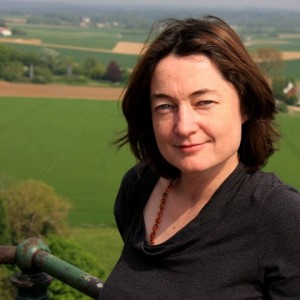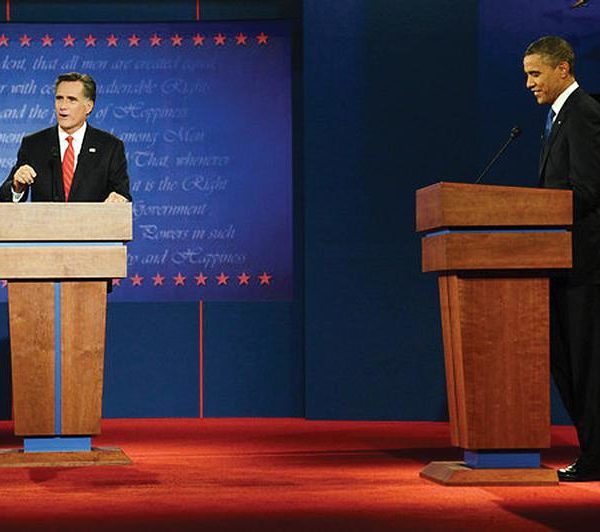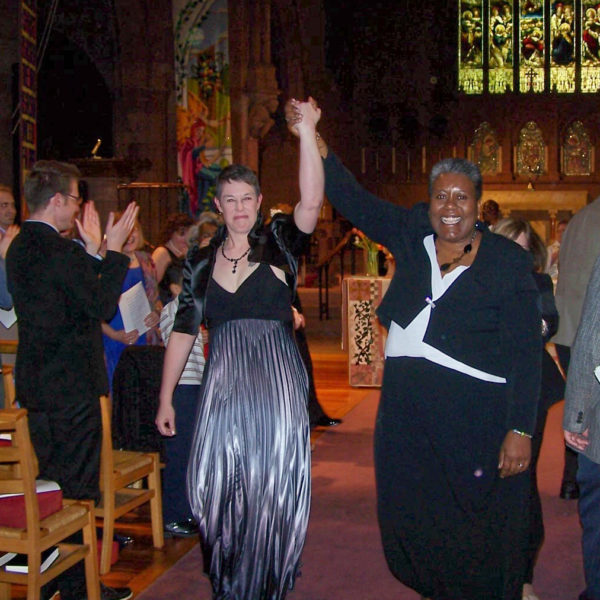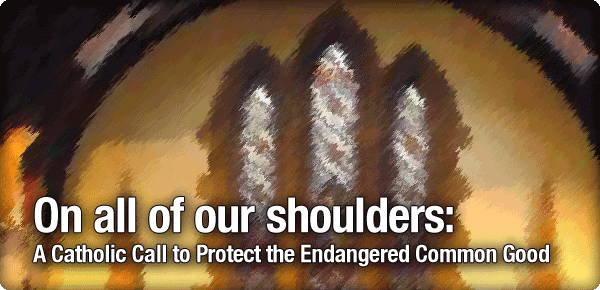Hope is not drawn from the world-that-is. Hope is grounded in perceptions of the world-that-ought-to-be. It arises from the power of the world-that-ought-to-be. For Christians, the world-that-ought-to-be is the eschatological Kingdom of God. It is expected in the future, in God’s time. But, it is also in the present, which is God’s time. The Kingdom is a perpetual possibility, even as its realization must be perpetually deferred in its fullness.
If it is at all possible, a Muslim hopes to live in a society where Islamic norms, morality and etiquette flourish, and where they cannot be publicly violated. Similarly, if it is at all possible, provided that he does not perpetuate further harm, every Muslim should command the right and forbid the wrong.
Presidential candidates Barack Obama and Mitt Romney have both focused on the middle class, but Christianity demands a preferential option for the poor. Christians of the Left and the Right should be able to find common ground on policies to help the poor. Here are five policies that could serve as the basis for such a common ground.

Understanding the relationship between morality and religion has preoccupied humanity’s best and brightest for millennia (think Plato, Aquinas, Kant, Nietzsche). Today, fascination with questions of morality and religiosity is no longer confined to philosophers, theologians and religion scholars. Research into the various ways that religion might influence moral identity is underway across a variety of subject disciplines in the human, natural and social sciences, capturing the interest of biologists, geneticists, neuroscientists, psychologists, anthropologists, and sociologists. Such research is highly necessary. The vast majority of the seven billion people on the planet identifies as religious. Most adopt at least some social and cultural norms and practices that reflect their religious identities. Across the globe, countless moral choices, great and small, are made on the basis of religious faith….

In the first presidential debate of 2012, Barack Obama and Mitt Romney tried to outdo one another in currying favor with the middle class. Yet Catholic social teaching proposes a preferential option for the poor. Catholics are called to promote the common good of all by putting the poor front and center.

